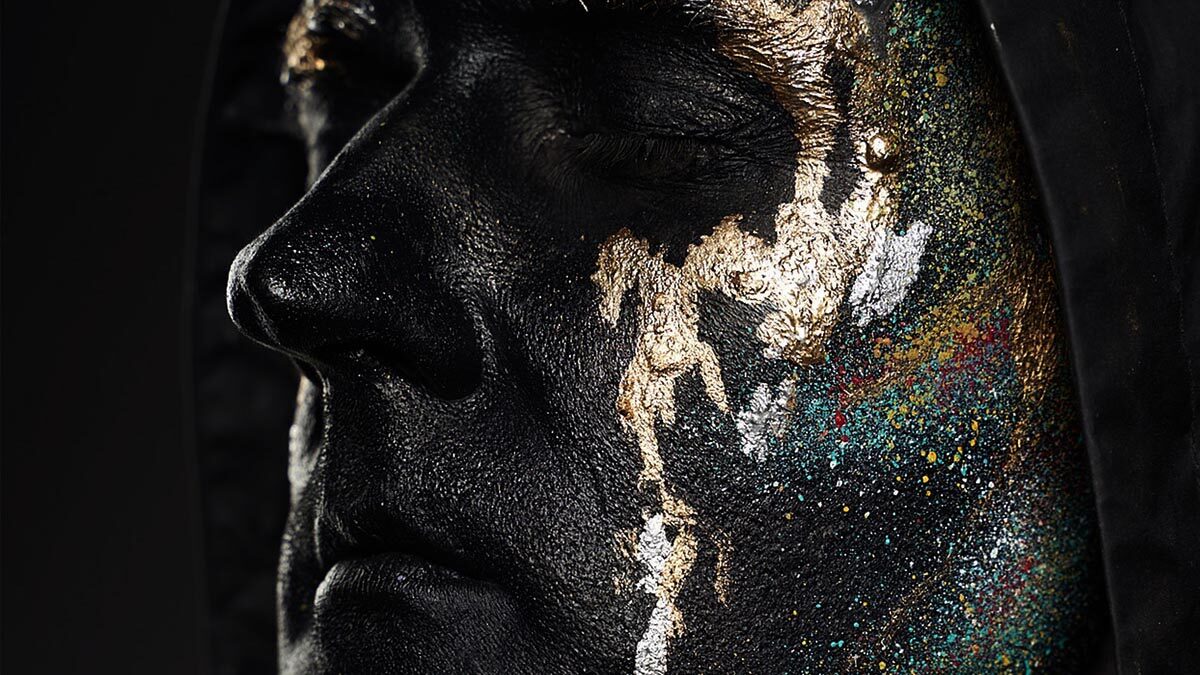I’ve just returned home from being engulfed by the dark cinematic experience that is Star Wars, Episode III: Revenge of the Sith. It has much to teach the observant eye—those who are “mindful of their feelings”—about the ongoing wrestling match between human passion and spiritual abandonment.
Teeming with metaphors to the biblical faith that creator George Lucas may or may not have intended, Sith is the culmination of young Anakin Skywalker’s descent into the “dark side” of the Force. The Force, the confluence of all living energy, has a light and a dark side, both of which feed much power to their adherents. It can be used for good and evil, an important distinction when viewed in respect to the Holy Spirit.
Those who follow the light side are concerned with the welfare of others and forgo their own desires and attachments; those of the dark are motivated by unbridled passion, by the volatile emotions of fear, hunger for power, concern for possessions. In the end, Skywalker’s fear and his own mixed motives tug him irretrievably down a path that leads to his destruction and that of the woman he holds most dear.
The parallels are interesting. What does Scripture teach but that we should not be conformed to the things of this world, but to the renewal of our minds? What does Christ instruct us but to leave all things and follow him? What is the contrast between the fruit of the Spirit and the works of the flesh?
And yet, we are immersed in a world of attachments. To people. To objects. To money. To feelings of lust, greed, power and fear. How is one to navigate this? How was young Anakin expected to sort through all of this, to live a virtually ascetic life in the midst of so many emotions that seem to define the human experience? Did the Jedi ask too much of him, and does God ask too much of us?
The landscape of the Bible whispers. It whispers that persons of faith must be willing to go on a journey of which the outcome is uncertain. It whispers that we must be willing to give up what we hold most dear in order to gain something greater—a deepening, unbroken relationship with the God of the universe. It calls on us to utter an unfolding litany of praise, to embrace a life of discipline that shapes our character and enables us to gradually loosen our grip on the items that distract our devotion. Ultimately, it models sacrifice, love and hope in the form of a Savior.
With the power of Christ revealed to us, we realize that God does not ask too much of us because we can ask so much of him.
We sat in the theater and watched the tragedy unfold. We felt the conflict within Anakin’s heart and mind. In a frightening way, we saw a bit of ourselves. We traveled to our own darker places we’d rather not admit are part of our chemistry. We wondered what could make the difference in our own lives, to keep us from sinking into the lava of pain and regret that ultimately engulfed the once-hero, Anakin…the would-be chosen one, so full of unrealized potential because he could not trust in something greater than himself.
As what is left of Skywalker is fitted with the mask and apparatus that keep him alive, his devolvement into his false sense is complete. A different destiny had been planned. For him it is now too late, save for the emerging life of the son who will one day redeem him.
As what is left of the image of Christ becomes more shadowed each day by our own masks, by our own false selves, the Spirit continues to whisper to us that it is not too late.
Our destiny still lays before us, shaped and molded by our daily decisions. We choose each day to embrace the light over the darkness—to allow the nature of God to transcend and transform the nature of broken man within us. Enduring through this journey restores that wondrous image, releases that full potential, and reminds us that God has not abandoned us in a world so full of darkness. We too have a Son who redeems us.
TM & © Lucasfilm Ltd. All Rights Reserved

Any comments are welcome.
“Interesting parallels, you draw.” That was a lame attempt at a Yoda phrase. For certain the Force and the Dark Side is a representation of Good versus Evil and the conflicts that arise. I was a little bothered by how easily Annikan flips to the “Bad Guys”, maybe it was a due to the logistics of making the movie that they shortened his conversion.